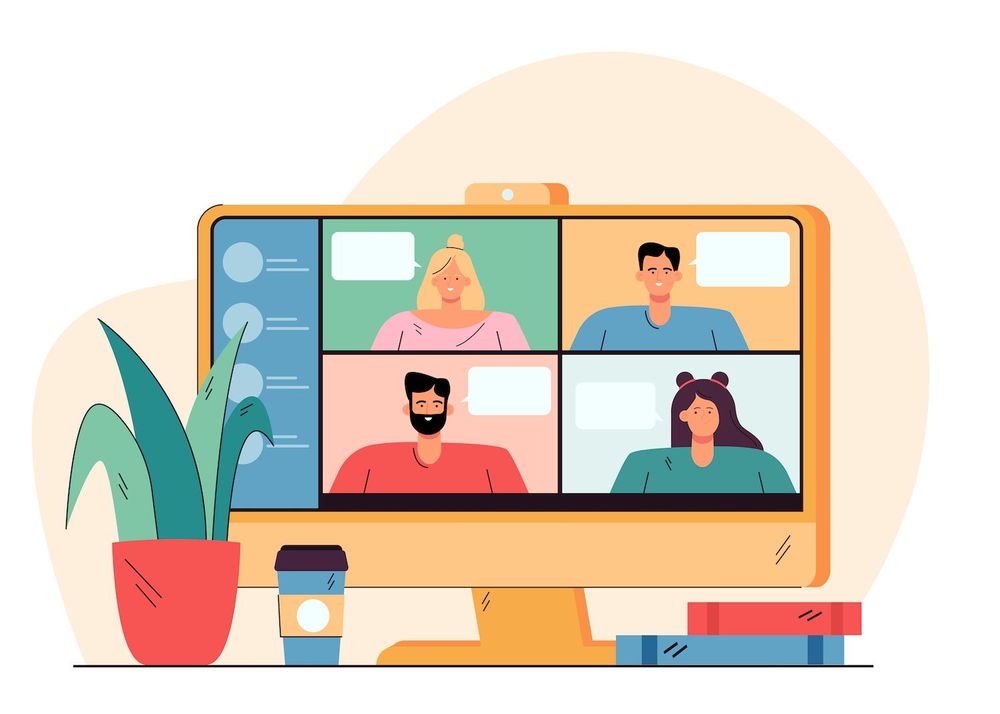CCPA: All About the California Consumer Privacy Act -
For the start of the new year, and to start with, the beginning of year announced in December when it was announced in December that it was the time to implement California Consumer Privacy Act (CCPA) officially went into force on January 1st in 2020. The state-wide privacy law was passed unanimously and enacted in August of this year's summer and companies are currently striving to adhere to the rules by the July 1st in 2020.
Are you equipped with all the instruments required to get CCPA in compliance? Keep reading to discover details about CCPA, the requirements, and the steps to comply, regardless of where your company is situated.
What is the CCPA? CCPA?
The CCPA grants Californians the right:
- Find out what information about you is stored and which is shared or sold data and then sold in various categories and types regarding your personal details.
- The destruction of personal information is the obligation of companies as well as, in turn of the business's service providers.
- You can choose to choosing to opt out of the sale of your personal information. Customers can direct the company selling personal information to cease selling their personal information.
- Children younger than 16 must sign an opt-in form in conjunction with a parent guardian consenting for children younger than 13.
- Pricing that is non-discriminatory or the provision of services in the event that a client exercise privacy rights in accordance with CCPA.
Who will the CCPA have an effect on?
Are you an owner of an online store? Pay your attention. If you're thinking the CCPA isn't applicable for you because you're situated in California Take a closer look.
The CCPA applies to non-profit organization that control all information pertaining to a California resident, and you meet all of the conditions listed below:
- Do your annual gross earnings exceeding $25 million
- Sell, buy or purchase information about personal details of over 50,000 customers homes, individuals or gadgets
- Earn at least 50 percent of your annual income through the selling of personal information of consumers
- Control personal information for 4 million or more customers. This will mean more needs.
What is "personal information" when it comes to the CCPA?
Good question! If you're wondering whether your personal data has changed since the CCPA The answer is yes.
The CCPA broadens the scope of its definition of "personal personal information" to include any information in which it "identifies or is associated with the subject, or has the potential to be linked with or is likely to be linked, by any means with any specific person or family member."
This expands the definition of personal information as defined under California Law to include IP addresses, browsing histories and other information related to web searches, such as information about location, employment data as well as educational data and other. The CCPA adds that "inferences are taken" from the data use to "create an image of customers that reflect their personal preferences and characteristics, as well as their psychological preferences as well as predispositions to intelligence, capability and abilities" are classified as private information as well.
What are you required to take to sure you're CCPA on the right track?
Is your data a mess? Make your data correct. If you're looking to attain CCPA compliance, you have to be aware of the sources and provide information on California residents on demand. Are you working with third-party processors e.g. websites that sell products online? Are you familiar with how they process their customers' information? Find out. As GDPR is a CCPA as well, and because the CCPA is the same as GDPR (although there is a key differences) can it be a good suggestion to keep any documents or methods you utilized in order to ensure your GDPR compliance.
A different aspect of the CCPA is that it increases the minimum age at when you are able to consent to the collecting of data. The Child's Online Privacy Protection Act required consent from parents or guardian legal to collecting information on children under the age of 13. The CCPA raises the requirements to. Users under the age of 16 have to join. Users between thirteen and sixteen have the option to give their consent on their own rather than requiring parental permission.
Are you worried about whether your company will achieve the specifications in the timeframe you're required to, you're not on your own. A majority of businesses anticipate that they'll be in compliance by the time they reach the due date. What's good? The law will become effect in January, enforcement won't be in place for an additional six months. You have plenty of the time to prepare.
What is the impact of the CCPA impact business in the near future?
There's still a lot of remaining questions regarding this issue. There's also a possibility to say that, while California is the first state to adopt an identical measure to GDPR, it's not the sole one. It's the fifth biggest economy globally and also the one where California is leading, others often follow.
If your company isn't legally obliged to handle customer information and to provide it to customers on request, there's a good likelihood that it will in the near future. Do you manage your information effectively? Are you aware about the third parties that can access your information? Now is the time to do some research. Get started today with data mapping so that you do not get stuck in a jam in the future.

Geneva Ives Geneva Ives is a writer in the field of marketing for major technology and travel companies. She's dedicated to making online experiences better with the aim to bring online experiences that are better for all brand, user, even robots! If Geneva isn't discussing SEO, CTAs, and UX you'll find her taking a bite of food from Santa Barbara.
This post was first seen here. this site
Article was posted on here
